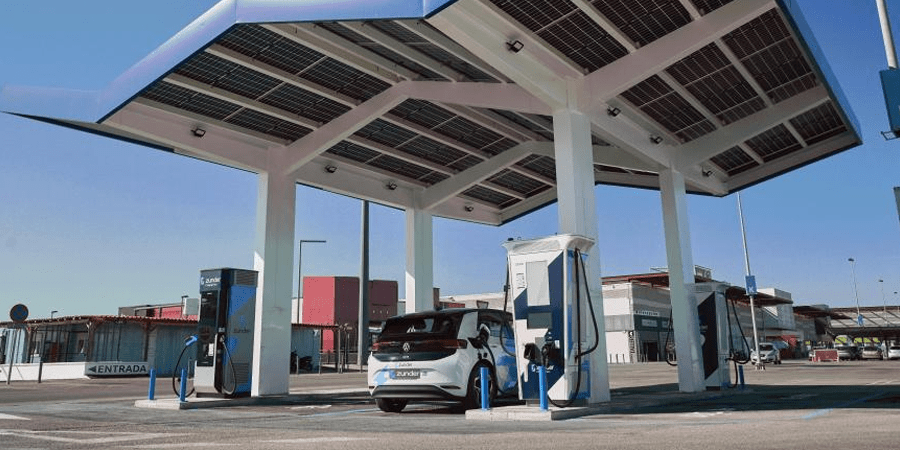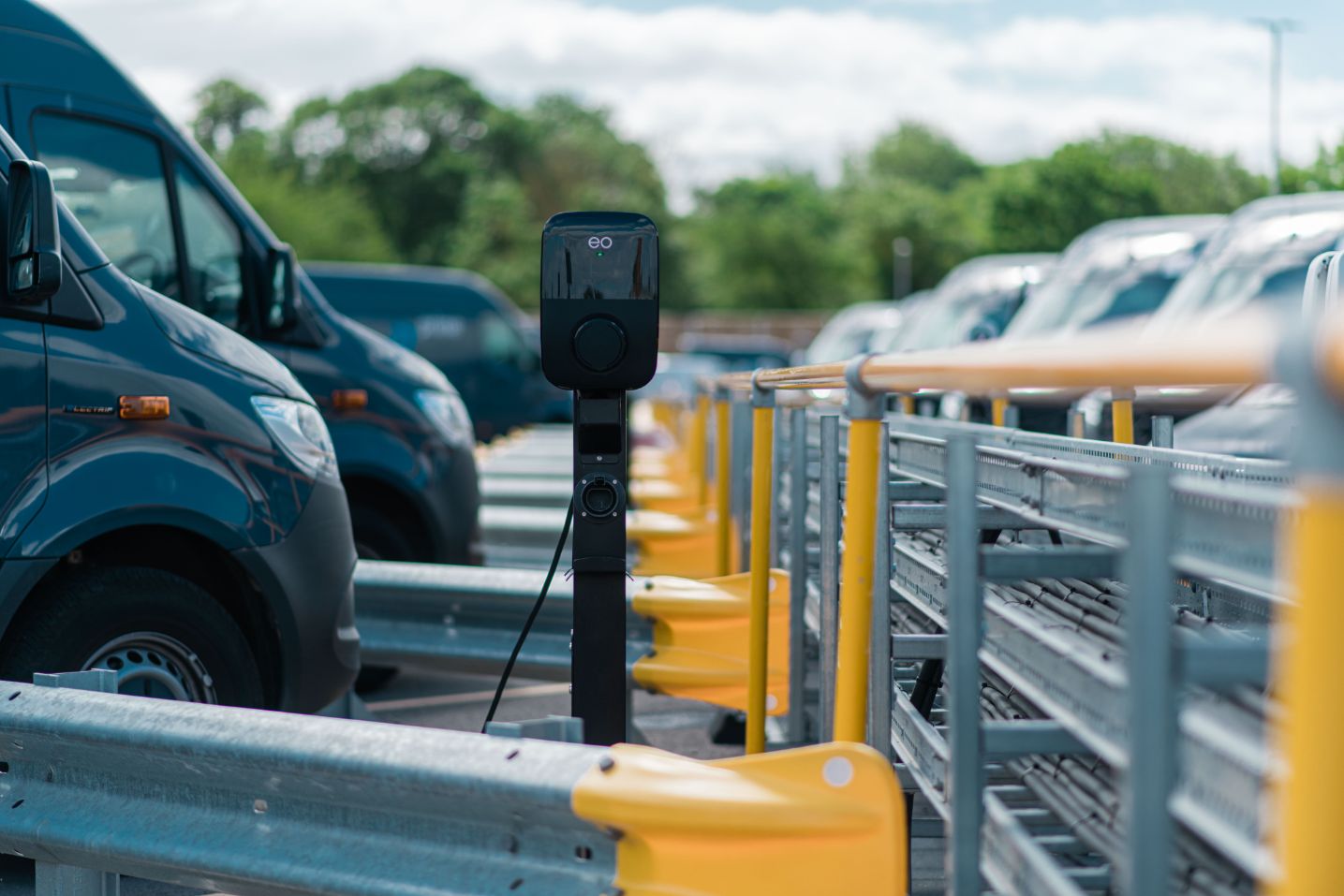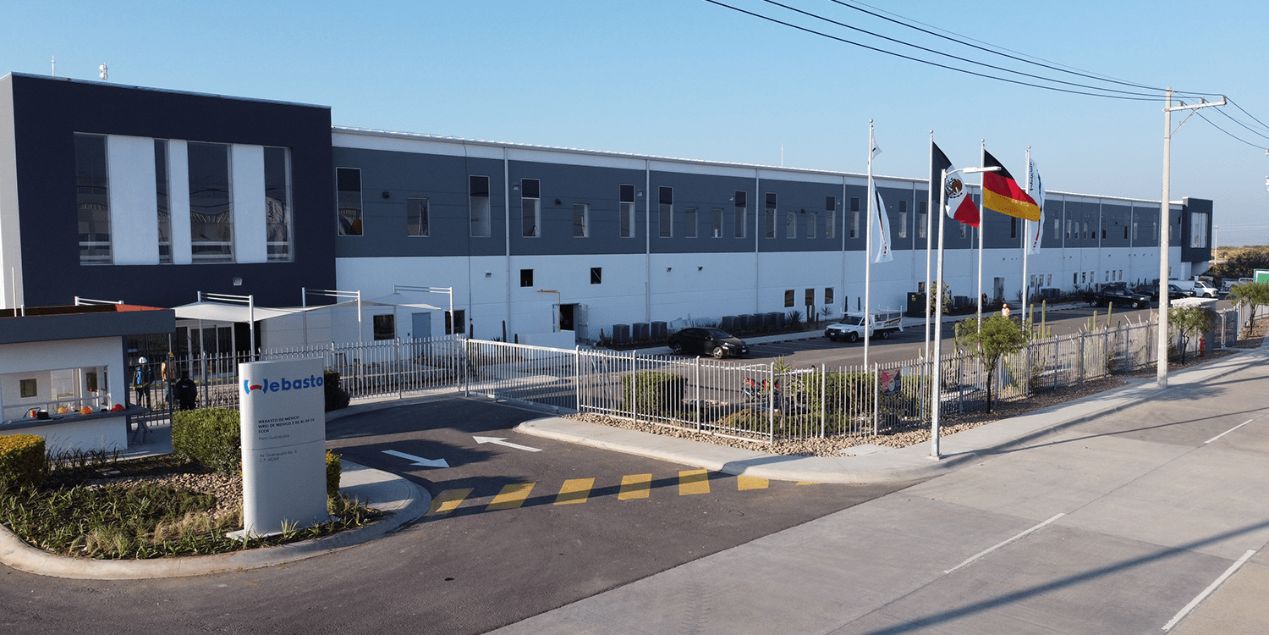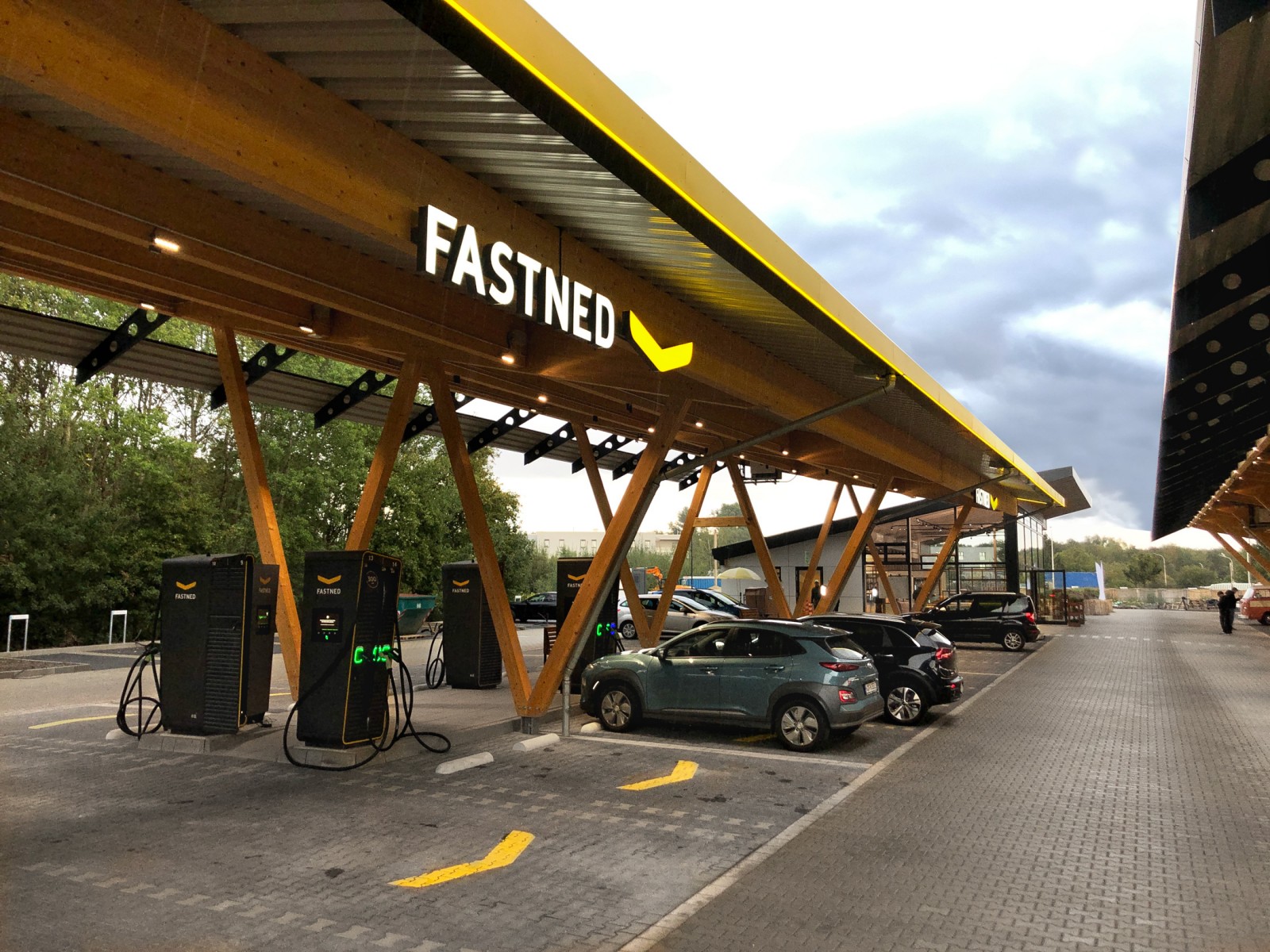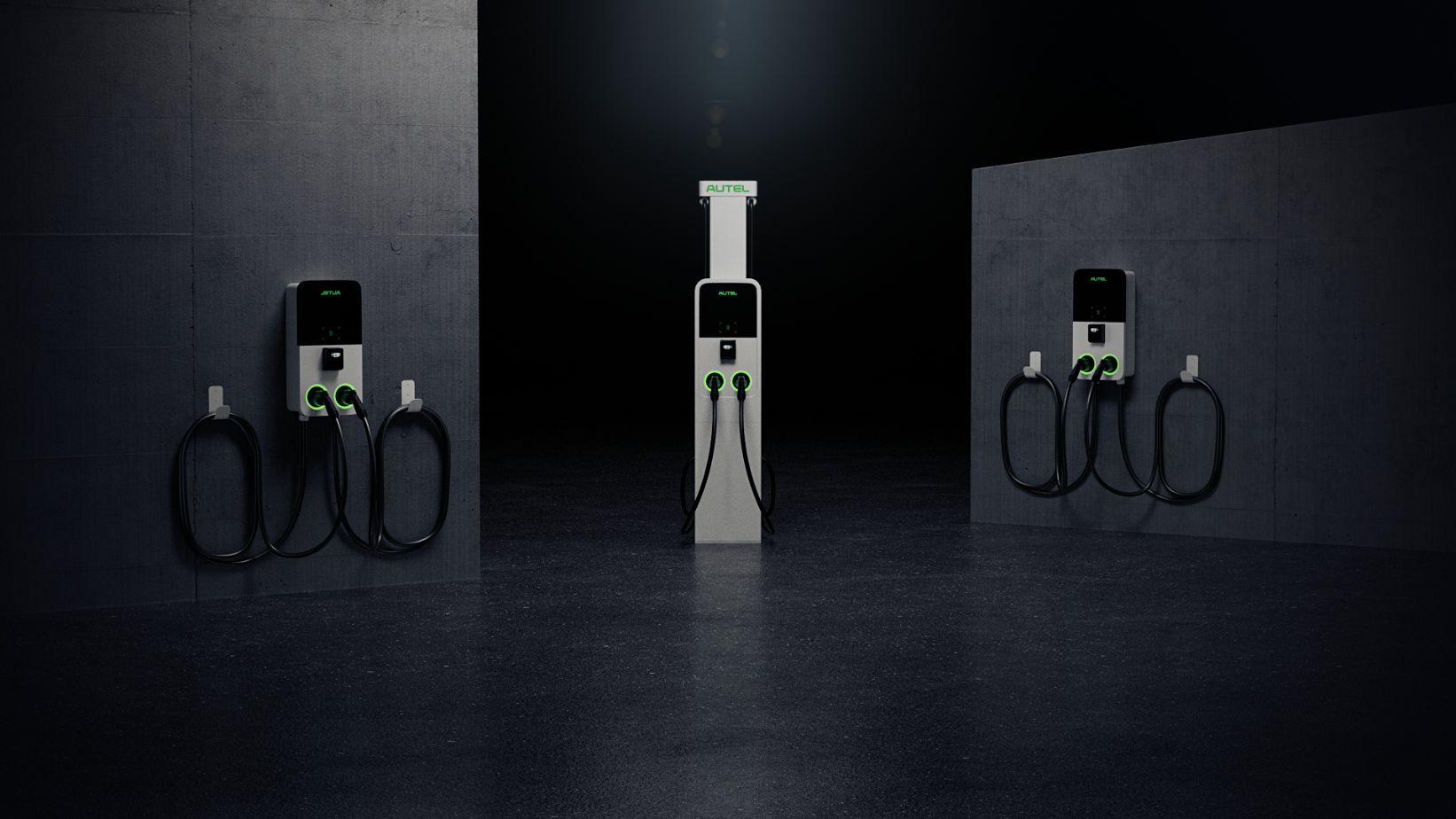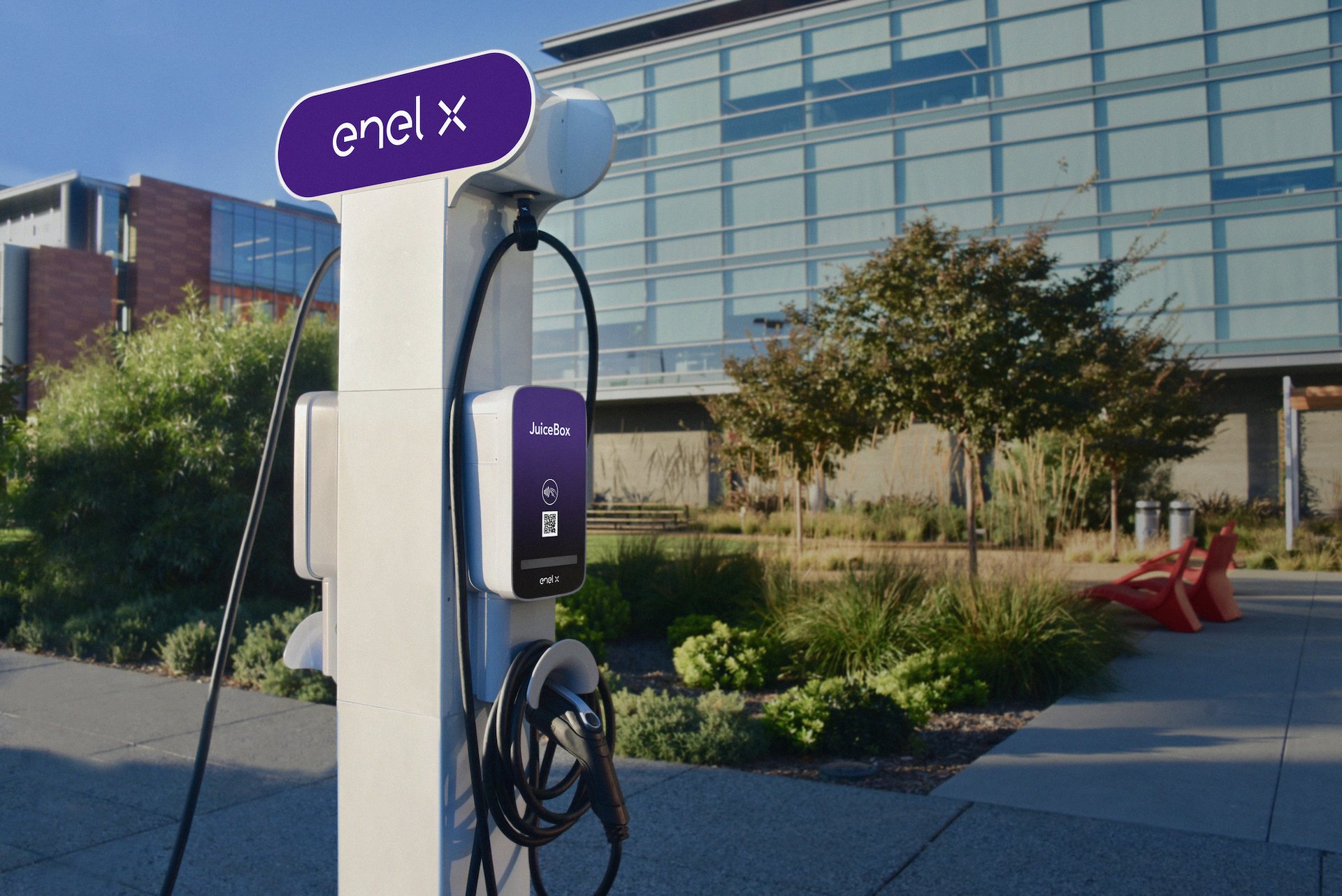The European Investment Bank (EIB) has approved two loans totaling €80 million to support the development of charging and hydrogen filling stations in Greece and Spain. The funding will be divided between Greek oil company Motor Oil and Spanish charging infrastructure firm Zunder.
Motor Oil will receive €40 million over ten years to build 3,000 charging stations and an unspecified number of hydrogen filling stations across Greece, including an entire infrastructure for the hydrogen business. The loan aligns with the company’s goal of becoming the largest producer of renewable energy in Greece. However, details on the charging stations are not yet available.
Meanwhile, Zunder will receive €40 million to build over 4,000 ultra-fast charging points across southern Europe by 2025. Nearly half of the investment will be located on the Trans-European Network for Transport (TEN-T), prioritizing long-distance transport.
According to Ioannis Kaltsas, head of the EIB’s lending team for Greece and Cyprus, “The Zero Emissions Vehicle market, including electric and hydrogen vehicles, is at a very early stage of development in Greece. Through the financing of this innovative project, which features sustainability and environmental characteristics, the EIB will support the transformation of the road transport in the direction of hydrogen and electric mobility and increased sustainability, while also providing a signal to stimulate further funding from commercial banks on similar projects.”
See also: Bank Australia will stop giving loans on internal-combustion cars to speed-up EV adoption
EIB Vice-President Ricardo Mourinho Félix highlighted the significance of investing in infrastructure that facilitates electromobility, stating, “Investing in infrastructure that facilitates electromobility will open the way for electric vehicles and help to decarbonise transport, one of the sectors with the highest greenhouse gas emissions.”
The loans provided by the EIB will not only support the growth of the electric vehicle market in Greece and Spain but also contribute to the European Union’s broader goal of achieving carbon neutrality by 2050.

